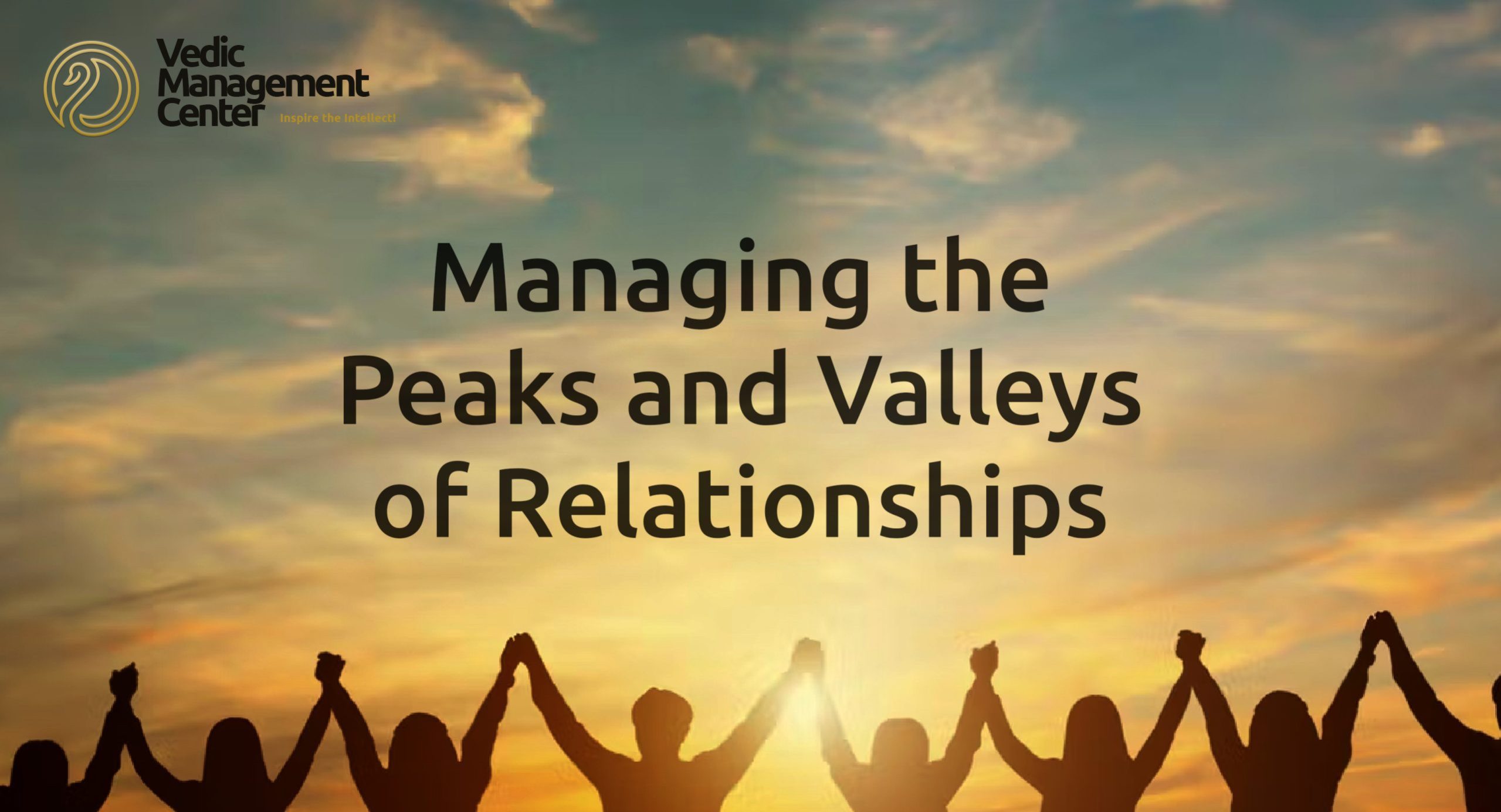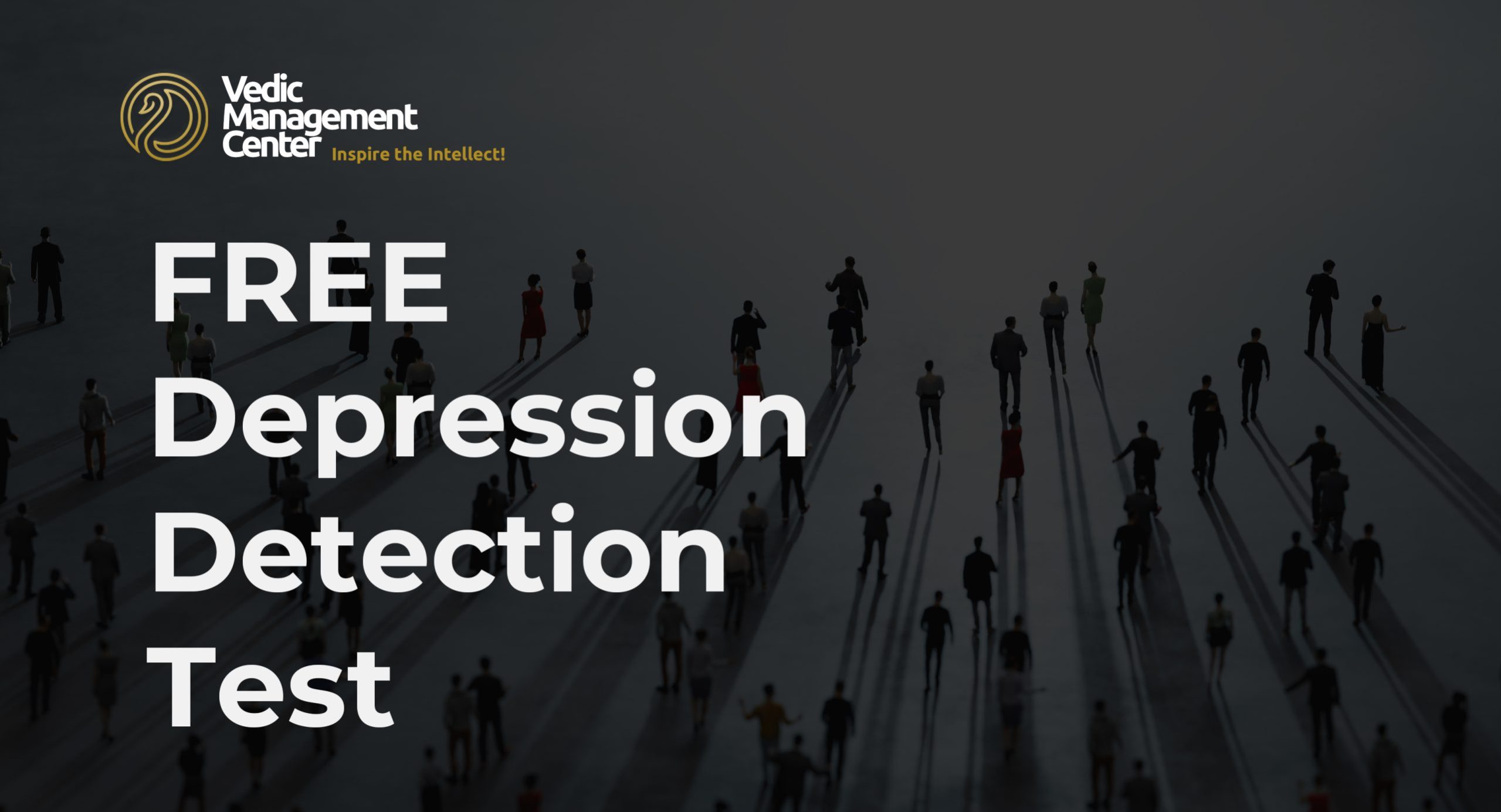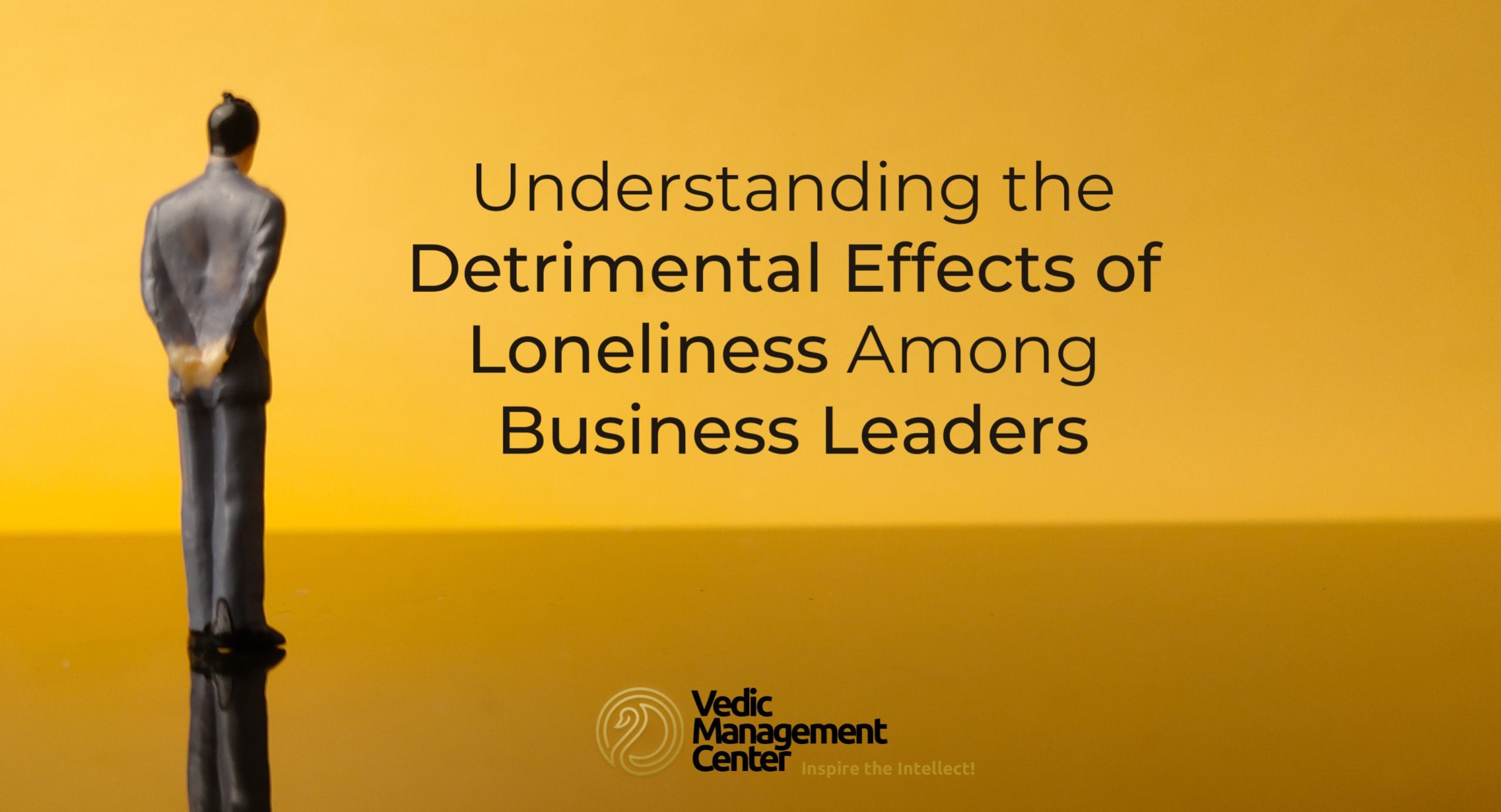Introduction
In the ancient Vedic Sanskrit scriptures, the term for Meditation is “Dhyana.” It is comprised of two components: “Dhi,” representing intellect, and “Yana,” signifying vehicle. Central to this concept is the notion that meditation serves as a vehicle for navigating the mind with consciousness. However, modern interpretations of meditation often overlook this profound insight, resulting in practices that merely scratch the surface of its transformative potential. By integrating the wisdom of the ancients with contemporary scientific knowledge, we can unravel the intricacies of the mind and consciousness to optimize the practice of meditation.
Understanding the Mind
To truly grasp the essence of meditation, it’s essential to delve deep into the intricacies of the mind. Within the realm of cognitive science, the mind emerges as a multifaceted landscape, characterized by cognitive processes. These processes, ranging from perception and attention to memory and emotion, intricately weave together to construct our subjective reality.
At the heart of this intricate web lies consciousness—an enigmatic force that imbues our experiences with subjective awareness. Unlike the ephemeral phenomena of the mind, consciousness stands as a timeless and immutable essence, permeating every facet of our existence. It serves as the illuminating force behind our thoughts, emotions, and perceptions, offering a window into the depths of our being.
Contrary to conventional wisdom, the mind and consciousness are not interchangeable concepts. While the mind serves as the stage upon which the drama of consciousness unfolds, it is merely a vessel—a conduit through which consciousness expresses itself. This fundamental distinction underscores the profound nature of meditation, as it invites practitioners to explore the depths of consciousness beyond the transient fluctuations of the mind.
By recognizing the distinction between mind and consciousness, individuals can embark on a journey of self-discovery that transcends the limitations of egoic identification. Through meditation, one can cultivate a deeper understanding of the mind’s workings, gradually unraveling the layers of conditioning and habitual patterns that obscure the luminous presence of consciousness. In doing so, practitioners unlock the transformative potential of meditation, paving the way for profound insights, inner peace, and spiritual awakening.
Challenges in Modern Meditation
The widespread availability of meditation techniques has undoubtedly democratized access to spiritual practices. However, a concerning trend has emerged wherein individuals embark on their meditative journey without a comprehensive understanding of the mind’s intricacies. This lack of foundational knowledge often leads to a superficial engagement with meditation, marked by fleeting sensations of relaxation or euphoria rather than profound transformation.
In the absence of a solid foundation in cognitive science, practitioners may inadvertently fall prey to practices that prioritize sensory experiences or external stimuli over inner exploration. Consequently, meditation becomes reduced to a mere distraction—a temporary escape from the complexities of daily life—rather than a catalyst for genuine self-discovery and inner growth.
The consequences of this superficial approach to meditation are manifold. Without a nuanced understanding of the mind’s workings, practitioners may struggle to navigate the myriad challenges that arise during meditation, such as racing thoughts, emotional turbulence, or existential inquiries. As a result, they may become disillusioned with meditation or abandon it altogether, failing to reap its myriad benefits.
Furthermore, the proliferation of commercialized meditation programs and wellness trends has perpetuated misconceptions about the nature of meditation, presenting it as a quick-fix solution for stress relief or personal development. In reality, authentic meditation requires dedication, patience, and a willingness to confront the depths of one’s inner landscape—a journey that transcends momentary sensations of pleasure or relaxation.
To counteract these pitfalls, it is essential for aspiring meditators to cultivate a solid foundation in cognitive science—a discipline that offers valuable insights into the workings of the mind and consciousness. Armed with this knowledge, practitioners can approach meditation with discernment and clarity, discerning between practices that foster genuine transformation and those that merely offer temporary reprieve.
The proliferation of meditation techniques presents both opportunities and challenges for aspiring practitioners. By cultivating a deep understanding of the mind’s workings and approaching meditation with intentionality and discernment, individuals can unlock its transformative potential, paving the way for profound self-discovery, inner peace, and spiritual awakening.
The Role of Consciousness
Authentic meditation transcends the ephemeral fluctuations of the mind by focusing on the cultivation of consciousness—a timeless and boundless awareness that forms the essence of our being. Unlike the transient phenomena of the mind, consciousness stands as an unwavering presence, illuminating our experiences with clarity and insight.
Central to the practice of meditation is the redirection of attention inward, away from the external distractions that often dominate our awareness. By turning our gaze towards the depths of our inner landscape, we embark on a journey of self-discovery, unraveling the layers of conditioning and habitual patterns that obscure the radiant essence of consciousness.
Through sustained practice, individuals can gradually dissolve the veils of illusion that shroud their true nature, revealing the luminous core of consciousness that lies beneath. This process of self-inquiry and introspection enables meditators to transcend the limitations of the egoic mind, recognizing their inherent divinity as conscious beings.
In this state of expanded awareness, individuals experience a profound sense of interconnectedness with the universe, transcending the boundaries of individual identity and embracing the oneness of all existence. Freed from the shackles of the ego, they embody a state of deep peace, joy, and fulfillment that transcends the fleeting pleasures of the material world.
Ultimately, the practice of authentic meditation is not merely about achieving temporary states of relaxation or euphoria, but rather about realizing our true nature as conscious beings. Through dedicated practice and inner exploration, individuals can awaken to the timeless wisdom that lies within, unlocking the infinite potential that resides at the heart of their being.
Navigating the Meditative Landscape
As individuals traverse the expansive terrain of meditation techniques, discernment emerges as a guiding light amidst the myriad paths available. Effective meditation practices serve as vehicles for the seamless integration of consciousness into every aspect of our existence, cultivating a state of inner equilibrium, lucidity, and compassion that extends far beyond the confines of formal practice.
At the core of these transformative practices lies a profound recognition of consciousness as the bedrock of our being—a timeless and boundless essence that permeates every facet of our lives. Through dedicated engagement with meditation, individuals learn to harness the power of consciousness to navigate the complexities of daily existence with grace and wisdom.
Central to the effectiveness of meditation practices is their ability to transcend the limitations of sensory stimuli and external distractions, which often serve as veils that obscure our true nature. By turning inward and directing our attention towards the luminous presence of consciousness, we liberate ourselves from the grip of the ego—the illusory construct that perpetuates division, separation, and suffering.
In contrast, practices that rely solely on sensory indulgence or external stimulation risk reinforcing the ego’s dominance, perpetuating the illusion of separation and reinforcing habitual patterns of thought and behavior. While these practices may offer temporary relief or gratification, they ultimately serve to entrench individuals further in the cycle of illusion and delusion.
Discernment thus becomes a crucial ally in the journey of meditation, enabling practitioners to distinguish between practices that facilitate genuine transformation and those that merely offer transient pleasures or distractions. By cultivating discernment, individuals can align themselves with practices that honor the innate wisdom of consciousness, guiding them towards a state of profound clarity, serenity, and compassion that transcends the limitations of the egoic mind.
Navigating the vast landscape of meditation techniques requires discernment—a discernment rooted in a deep understanding of the nature of consciousness and its transformative power. By choosing practices that facilitate the integration of consciousness into every facet of life, individuals can awaken to their true nature and embody a state of profound peace, clarity, and compassion that radiates outwards, transforming not only their own lives but the world around them.
Conclusion
In conclusion, the practice of meditation holds immense potential for personal transformation and collective evolution. By grounding our understanding in the principles of cognitive science and ancient wisdom, we can unlock the profound depths of the mind and consciousness. Armed with discernment and insight, individuals can embark on a journey of self-discovery that transcends the limitations of the egoic mind, leading to lasting peace and fulfillment.



































